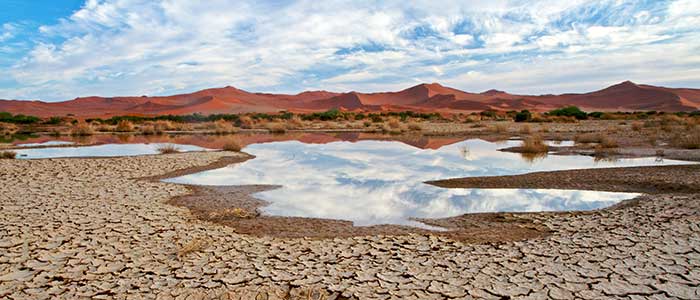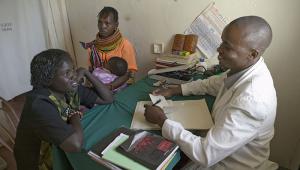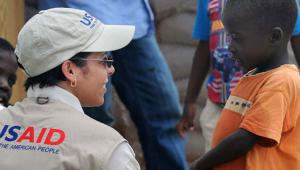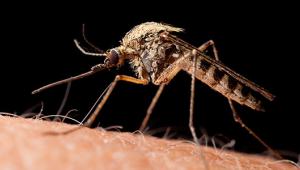Web_DroughtZambia_shutterstock_74778760.jpg

Drought in Africa
A report by the World Health Organisation has warned that even as the cyclical warming of the tropical Pacific calms down by April, a further 60 million people will be impacted by the health consequences of the weather pattern throughout the year.
Richard Brennan, director of WHO’s Emergency Risk Management & Humanitarian Response Department, said: “From Ethiopia to Haiti to Papua New Guinea, we are seeing the damage from El Niño, and we believe the impact on public health is likely to continue even after El Niño winds down.
“To prevent unnecessary deaths and illnesses, governments must invest now in strengthening their preparedness and response efforts.”
Severe drought, flooding, heavy rains and temperature rises are all well-known effects of El Niño, which affects the whole world but has its most intense effects in the tropical regions of Africa, Asia Pacific and Latin America – regions whose countries are particularly vulnerable to natural hazards and are usually the least able to prevent, prepare and respond to the risks they face.
The current 2015/16 El Niño is one of the worst in recent years. Requests for financial support from seven high risk countries including Ethiopia, Papua New Guinea and Uganda have totalled $76m for health costs and the WHO expects more countries will seek financial aid.
Extreme drought in countries like Ethiopia, where up to 18 million people are short of food, is causing malnutrition and diarrheal diseases in the south western Pacific, Central America and sourthern Africa.
Elsewhere, El Niño causes more rain than usual leading to floods, outbreaks of disease like cholera and Malaria and other infections. Tanzania is currently amid the largest outbreak of cholera since the last very strong El Niño if 1997-98, when over 40,000 cases were reported compared to 12,000 today.
The WHO said important steps need to be taken to prevent and reduce the health effects of El Niño, including disease surveillance, vaccinations, mobilising communities to promote health and hygiene practices, improving water and sanitation services and maintained access to health services.
Without an adequate, efficient and timely preparedness and response to El Niño Brennan warned “it could take years to recover”.













